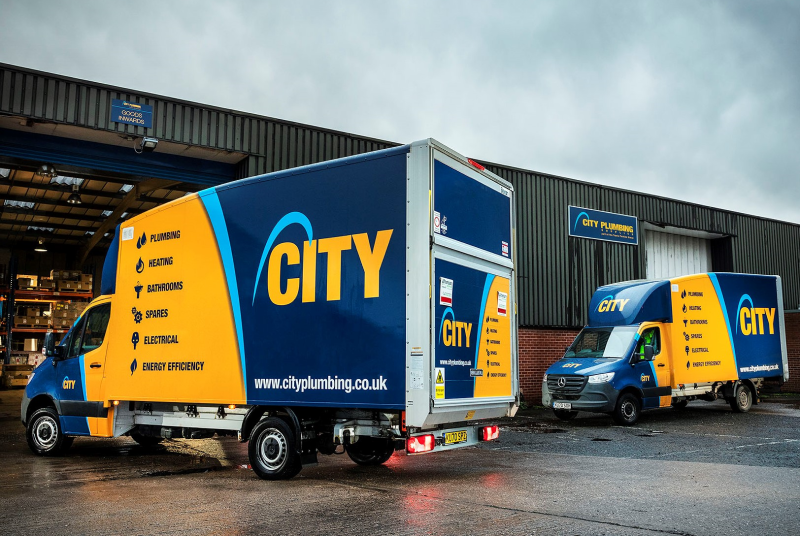City Plumbing: Essential Services for Urban Living

City plumbing is a fundamental aspect of urban infrastructure that ensures the efficient flow of water and waste management. As cities grow and populations increase, the importance of reliable plumbing systems becomes ever more critical. In this blog, we will explore the key components of city plumbing, common challenges faced, and the essential role of professional plumbers in maintaining our urban environments.
The Backbone of Urban Infrastructure
Plumbing systems in cities are complex networks designed to supply clean water and remove wastewater. Key elements of city plumbing include:
1. Water Supply Systems
City water supply systems transport potable water from treatment plants to residential and commercial buildings. These systems consist of a series of pipes, pumps, and storage facilities that ensure a consistent and safe water supply. The quality of drinking water is monitored closely, with regular testing to meet health standards.
2. Sewer Systems
Sewer systems are crucial for the safe disposal of wastewater. They collect sewage from homes and businesses and transport it to treatment facilities. Proper sewer management prevents health hazards and environmental contamination, making it a top priority for city planners and engineers.
3. Stormwater Management
Urban areas are prone to flooding, especially during heavy rainfall. Effective stormwater management systems are designed to collect and redirect rainwater away from streets and buildings, reducing the risk of flooding and protecting local waterways from pollution.
Common Plumbing Challenges in Urban Areas
While city plumbing systems are designed to handle high demand, they often face unique challenges due to the density and complexity of urban environments. Some of the most common plumbing issues include:
1. Aging Infrastructure
Many cities have aging plumbing systems that require regular maintenance and upgrades. Corroded pipes, outdated fixtures, and inadequate drainage can lead to frequent breakdowns and costly repairs. Cities must invest in infrastructure improvements to ensure reliable service.
2. High Usage Rates
In densely populated areas, the demand for water and sewage services is high. This increased usage can lead to clogged drains, sewer backups, and water pressure fluctuations. Regular maintenance and monitoring are essential to address these challenges.
3. Environmental Factors
Urban plumbing systems are often affected by environmental factors such as heavy rainfall, snowmelt, and extreme temperatures. These conditions can strain systems, leading to overflows and failures if not properly managed.
The Role of Professional Plumbers
Professional plumbers are essential to the maintenance and repair of city plumbing systems. Their expertise ensures that plumbing issues are addressed quickly and efficiently. Key services provided by plumbers include:
1. Emergency Services
Plumbing emergencies can occur at any time, often resulting in significant damage if not addressed promptly. Professional plumbers are equipped to handle urgent situations, such as burst pipes, severe leaks, and major sewer backups. Their swift response can mitigate damage and restore functionality.
2. Routine Maintenance
Regular maintenance is crucial for preventing plumbing issues. Professional plumbers conduct inspections, clean drains, and perform necessary repairs to keep systems running smoothly. Routine maintenance not only extends the lifespan of plumbing systems but also saves homeowners money in the long run.
3. Installations and Upgrades
Whether you’re renovating a kitchen or upgrading a bathroom, professional plumbers ensure that installations are performed correctly and meet local codes. Proper installation is critical for preventing future issues and ensuring system efficiency.
4. Water Quality Testing
Plumbers can test water quality to ensure it meets health standards. They can identify contaminants and recommend filtration systems or water treatment solutions, ensuring residents have access to safe drinking water.
Tips for Homeowners: Maintaining Your Plumbing
To help keep your plumbing system in good condition, consider the following maintenance tips:
1. Know Your System
Familiarize yourself with your plumbing system, including the location of shut-off valves and cleanouts. In case of emergencies, knowing how to turn off the water supply quickly can prevent extensive damage.
2. Regular Inspections
Schedule annual plumbing inspections to identify potential issues before they escalate. A professional plumber can spot signs of wear and tear and recommend necessary repairs.
3. Mindful Drain Use
Be mindful of what goes down your drains. Avoid flushing items that can cause clogs, such as wipes, grease, and food particles. Use drain covers to catch hair and debris in sinks and showers.
4. Monitor Water Pressure
Keep an eye on your water pressure. If you notice sudden changes, contact a plumber to assess the situation. Regular pressure checks can help identify underlying issues.
Conclusion
City plumbing is a crucial component of urban living, providing essential services that keep our homes and communities functional and safe. By understanding the key elements of plumbing systems, recognizing common challenges, and relying on professional plumbers, residents can ensure that their plumbing remains efficient and reliable. Whether dealing with a minor leak or planning a major renovation, don’t hesitate to reach out to a trusted plumber for assistance.



